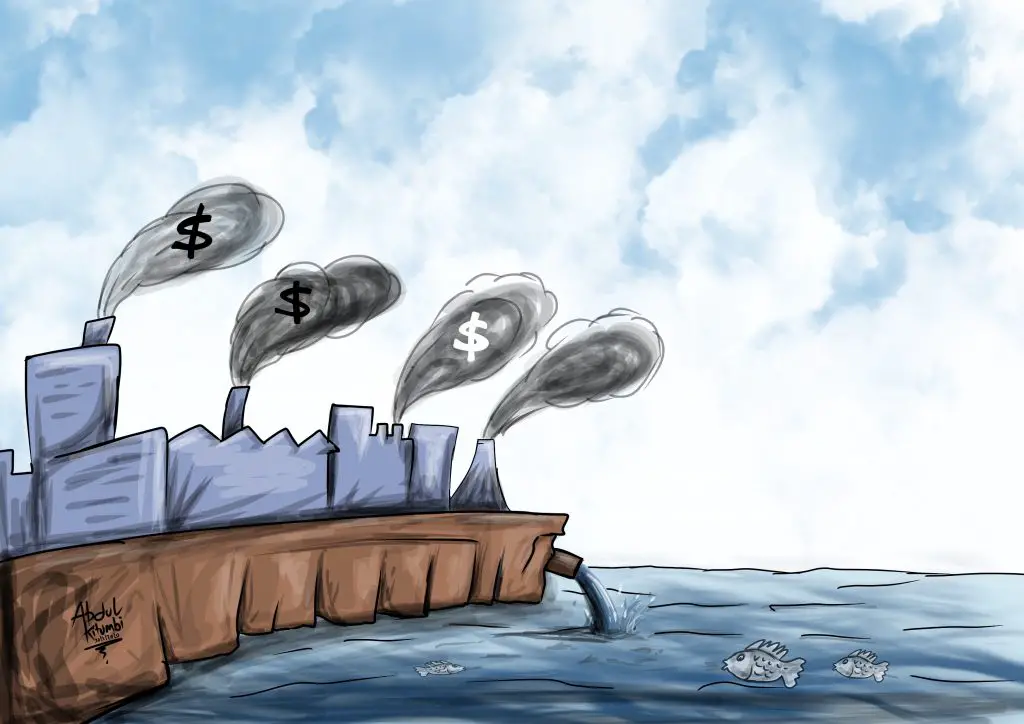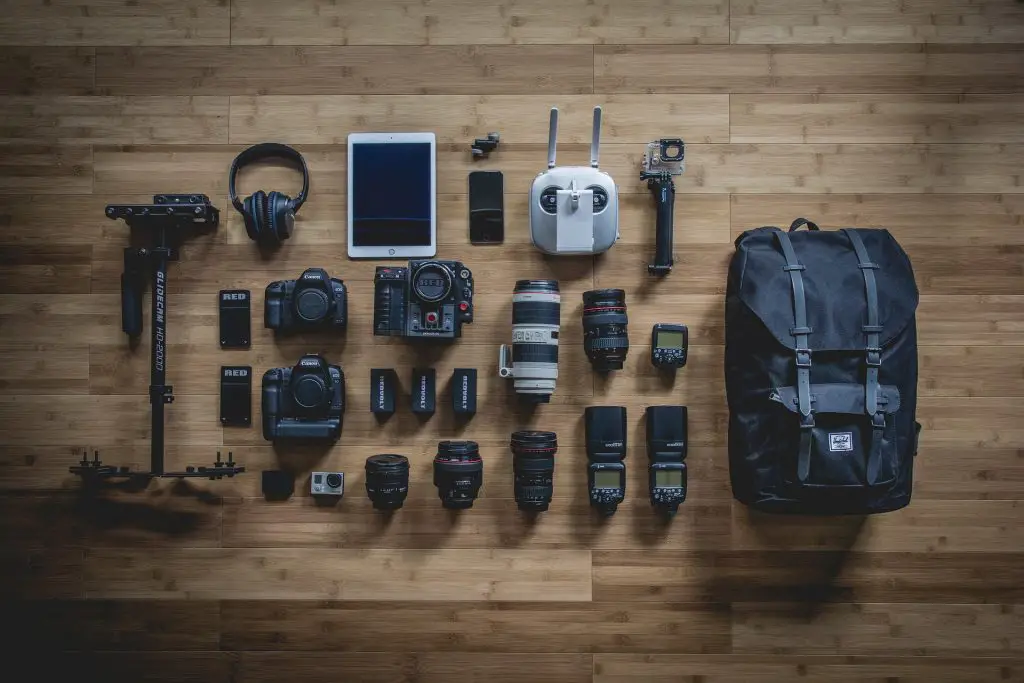- Alarming surge in online child exploitation sweeps Africa
- Beijing tightens China-Africa grip as trade rivals US, Russia seek bigger slice
- Exploring the Forex CFD Trading Landscape in Africa in 2024
- Webb Fontaine’s single window: paving the way for future trade with new AI features
- Inside Africa’s 2024 engineering innovation showcase eyeing £50,000 prize
- Tanzanian inches closer to clean cooking dream with a $1.7 billion plan roll out
- Why the planning of new cities must embrace a visionary approach to succeed
- First Saudi WoodShow in Riyadh attracts over 8,000 visitors
Month: April 2020
Maria Mukamana, 35, lives in Rugenge village Rusororo sector which is surrounded by miles of swamps and marshlands where she wakes up every morning to do a day’s labour in the rice fields.
She earns less than $1 (Rwf700) a day and spends it all on food for her children with not a penny to save by the end of month.
As a family living in the wetlands — a mosquito breeding ground —at least once in two months one of her family members gets infected with malaria.
The single mother of two children is among the 10million Rwandans who are covered by the Community Based Health Insurance (CBHI) commonly known in Rwanda as mutuelle de sante.
Under the CBHI program Maria can get 90% health care insurance which covers treatment and medication in case she and her children fall sick but this doe snot cover her needs like food …
If there is anything that the spread of the COVID-19 (Coronavirus) pandemic across the world leading to partial or total lockdown in several countries has taught us, is that we need to be prepared financially for any eventualities today more than ever.
Barely two months ago, people across the world were planning and budgeting for the New Year without the realization that soon many would be losing employment or experiencing a cut of their normal income.
The global pandemic has brought the world to a standstill. This is an unprecedented time of trying to manage our lives behind closed doors, reaching out to those who need our help, and somehow remain afloat with the minimal income we have left.
Although the pandemic is just in its early stages in East Africa and most African countries, we should be learning from other countries like China and Italy. If we adapt to …
I have been working in the investment industry for nearly 33 years. Over that time I have made a few mistakes and have had many successes. This week one of my clients, a very successful young Kampala man, told me that whilst he had made a lot of money in business he had lost a lot of money that he had invested. He asked me what advice I would give him to help him make better investments. Based on my experience here are ten “DO´s and DON´Ts” for successful investment:
- DON´T do it if you don´t fully understand it
If you don´t understand EXACTLY how an investment works then either you are being scammed or the person promoting the investment isn´t competent enough to trust with your money. If you are unsure about any aspect of the investment don´t do it!!!!
- DON´T ever invest money that you may need quickly
In the Kenya Gazette of 14th November 1944, the Governor of the Colony and Protectorate of Kenya approved a bill to make provision against Third Party risks arising out of the use of motor vehicles. This Ordinance was cited as the Motor Vehicles Insurance (Third Party Risks) Ordinance, 1944. Section 4 Subsection 1 of the Ordinance says,“Subject to the provisions of this Ordinance it shall not be lawful for any person to use, or to cause or permit any other person to use, a motor vehicle on a road unless there is in force in relation to the user of the vehicle by that person or by that other person, as the case may be, such a policy of insurance or such security in respect of third party risks as complies with the requirement of this ordinance”.
That same Ordinance is now cited as the Insurance (Motor Vehicles Third …
By Sachen Gudka
Coronavirus is our wake-up call. No one could have predicted its disastrous impact. But that is the nature of disasters; most are sudden, unpredictable and leave in their wake unimaginable misery and loss. We have been quite rudely awakened to the essentiality of disaster resilience.
Anything that we do from now on, any buildings, any plans and any developments as a country have to be done through a disaster resilience lens. Any policies developed and implemented should be able to answer the questions: ‘Will they help us get through the next disaster shock with minimal loss? Will they help us bounce back fast enough and set us on our feet to recover quickly? And more importantly, if we are ever to be left with no options but to close our borders, can we sustain ourselves?’
At the moment, efforts to reduce exposure and spread of the virus …
If any of us were given a warning by an alien, in a language we did not understand, with symbols we had never seen before, we would not emerge warned–which is a fact that is now driving legislative reform in Kenya to ensure warnings on pest control products are understandable to every farmer. The aim is to ensure farmers reap far higher yields without causing any damage to themselves or their land.
As it is, pest control products used in Kenya have been through around nine years of safety testing and more than 100 kinds of tests in order to gain approval for use in their countries of origin, such as the US, Australia and other national regimes that only approve pesticides when they are proven to be risk-free for the prescribed use.
Until they have achieved that, Kenya’s law prohibits their use in Kenya.
But even once they have …
The growth and development of the banking and financial sector has been propelled by factors driven by market demand and supply forces. We have seen banks coming up with various products not only to meet client demands but also as a means of remaining competitive given the number of players within the banking sector. Comparatively, customers now have a wider range of selection when it comes to choice of a banker.
Taking advantage of the technology banks have no choice but to keep on being creative and innovative on product development and service delivery channels. A review of financial performance of most banks reveals that lending/credit accounts for over 50% of the banks’ revenues. However, lending has increasingly become riskier thus pushing banks to equip themselves more on risk management through strengthening of credit culture where everyone, regardless of their roles, understands the need to drive revenue growth while also …
Trade among East African Community (EAC) member has suffered a catastrophic blow losing USD380 million in the span of just a single week.
There is not an economy that has not taken a hit from the coronavirus pandemic and the EAC trade bloc is no exception. While no official order has been issued to close their borders, each of the EAC member countries has limited all manner of movement, goods included.
Trucks are still going through to deliver goods but as Tanzania and Burundi agreed last week, the truck drivers would stay quarantined for 14 days. While for Kenya on the other hand, the country has chosen to escort the drivers and their tracks to their points of drop off and back, no detours allowed.
While cargo on transit has been forced to slow down to almost a snail pace, movement of people has come to a complete stop, if …
Climate change is hurting the world including Africa. The Intergovernmental Panel on Climate Change noted that Africa is the most vulnerable continent to climate change impacts, and it is weak on various angles including having less strong adaptation capacities, and high dependence on natural ecosystems for the livelihood of its populations.
As the world strives to set the greenhouse emissions to at least 1.5 centigrade –the United Nations Economic Commission for Africa (UNECA) argues that in all African regions, negative climate change impacts would progressively compound and lead to decreasing GDP per capita.
The warming scenarios entail losses by 2030 (as compared to a baseline GDP per capita scenario) that range from -0.6 per cent in Northern Africa in the low-warming scenario, to -3.6 per cent in Eastern African in the high-warming scenario.
However, in the current world where research and development as well as technological advancement simplifies life and …
It is not only smiling for the camera that makes photos important to us but also—photography is a means to earn a living. The industry has drawn over $77.66 billion market value in 2015 and is expected to reach $110.79 billion by 2021, according to Zion Market Research.
With less than 200 years since its inception, photography is the real example of a technological breakthrough, from using crude processes of using chemicals to simpler processes, taking less than one minute, where instant high-quality photos can be taken via our handheld gadgets— our smartphones.
The photography industry has evolved remarkably over the years, sweeping away some jobs along other blunt lines of the industry, such as photo processing workers, film lab technicians and photography equipment repairers, who are now replaced by more robust and efficient digital technology processes.
Photography as the activity or job of taking photographs or filming is practised …







